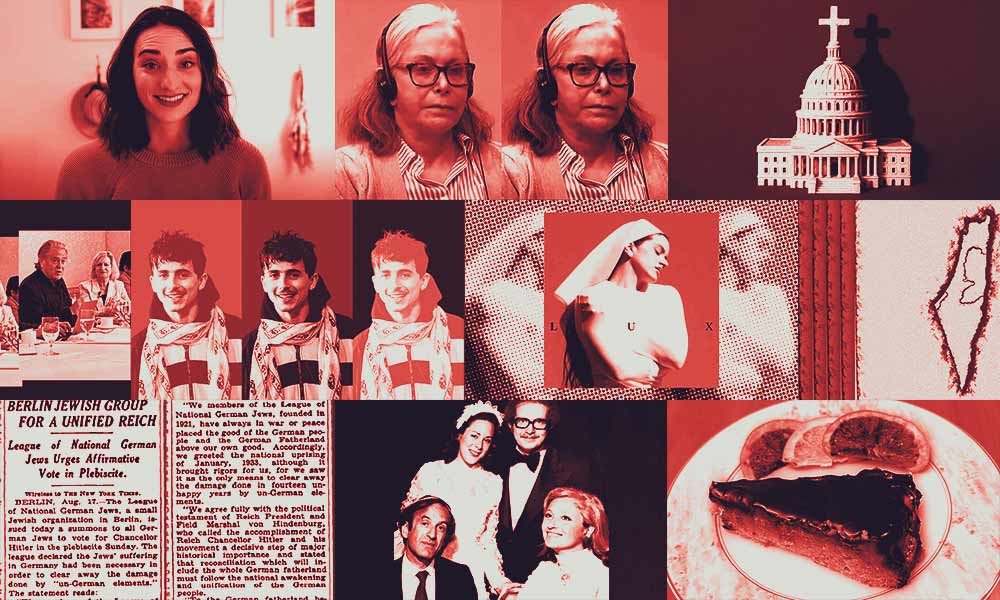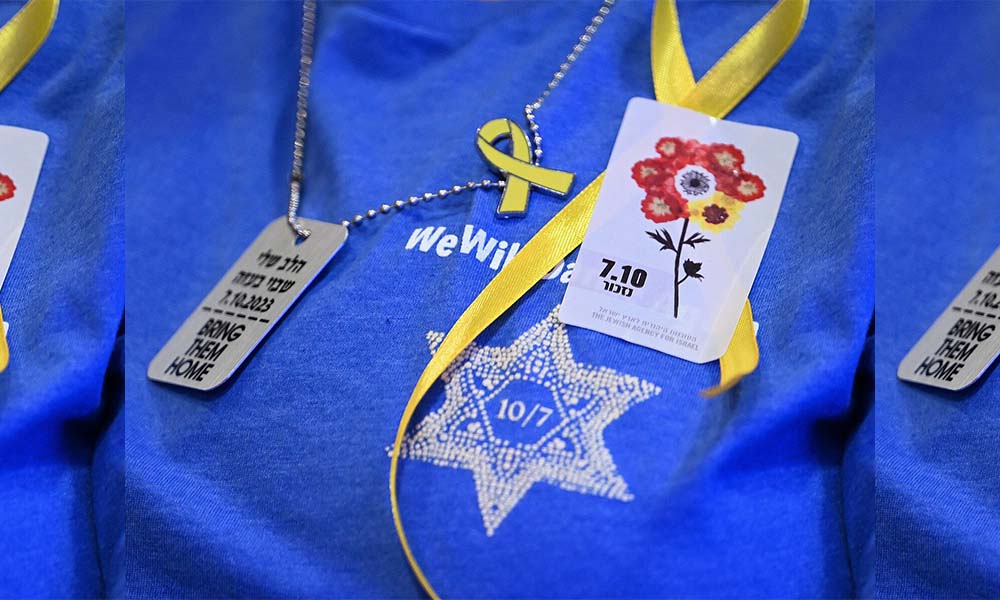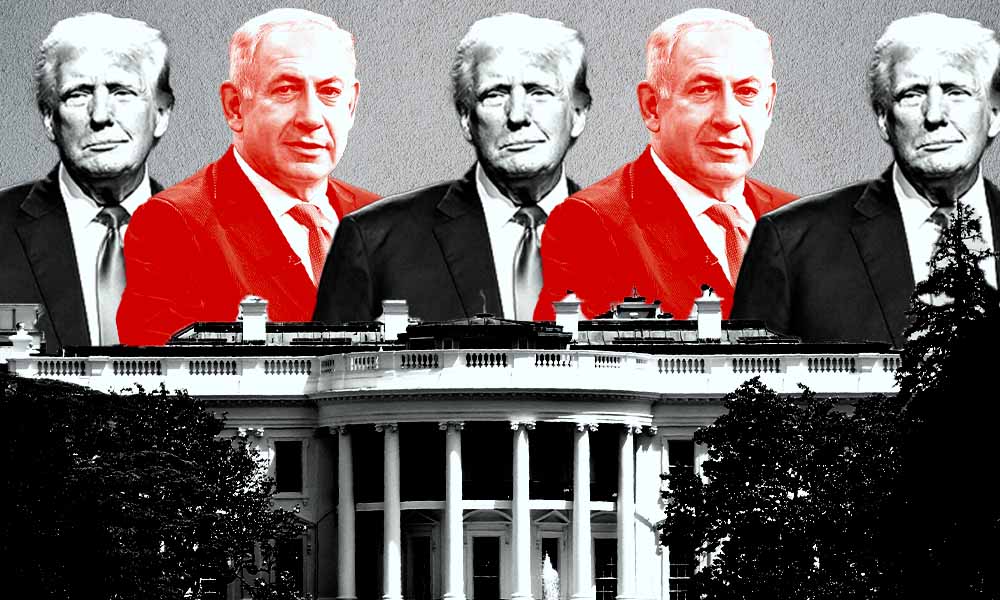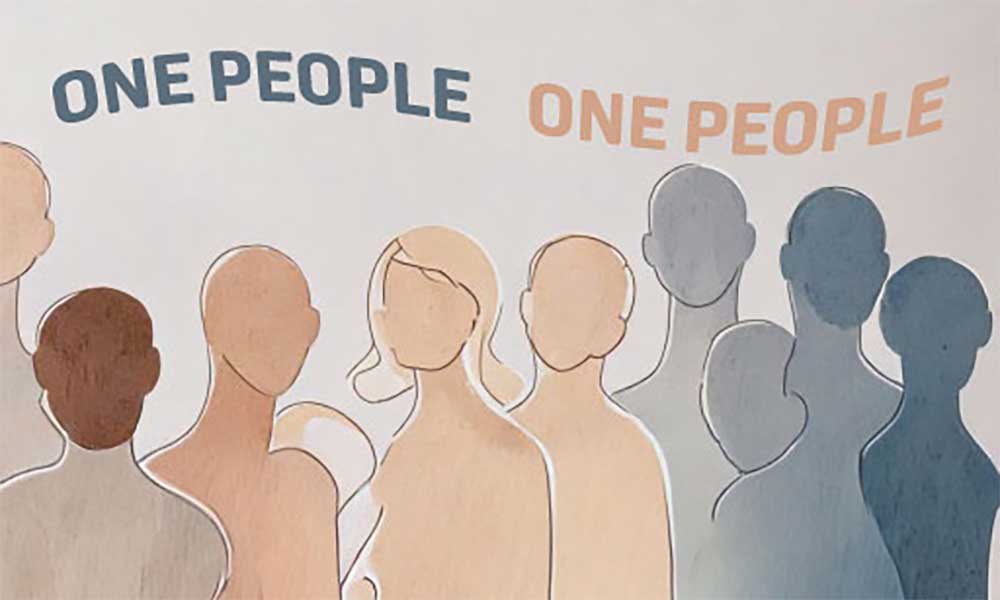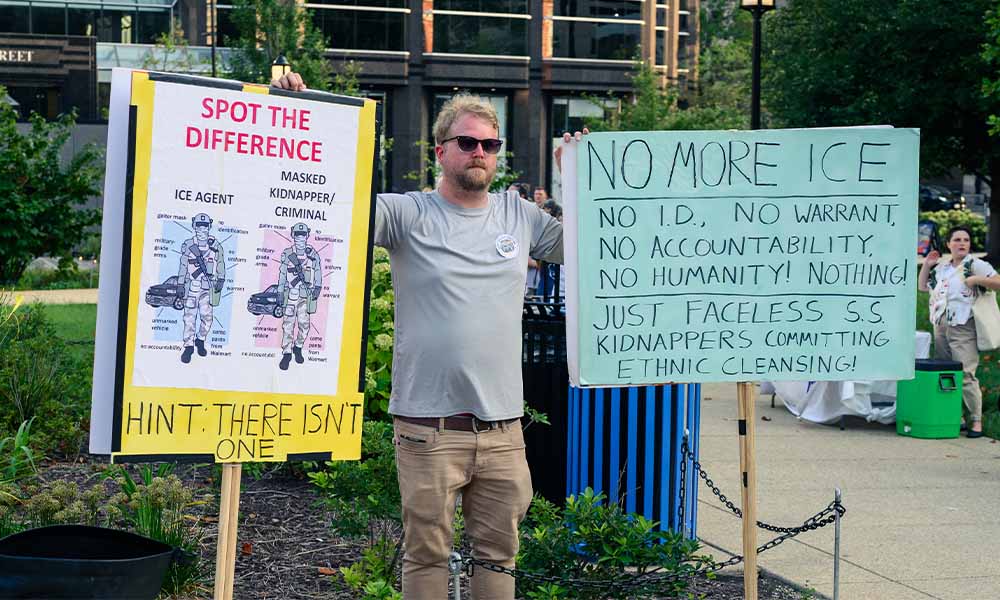"The idea that somebody has to choose between a religious identity and a queer identity is a false binary." ...
Monday was a day for reconciliation and healing. Now, assuming the ceasefire holds, will Israeli media finally cast a clear eye on Gaza? ...
As we come to the end of this challenging year, Moment takes a look back at the stories that shaped the American Jewish conversation in 2023. From our coverage of Israeli democracy to American politics to the E-Street Band, here are Moment’s most-read stories 2023. ...
For years, Christian supremacist ideology was coursing through American conservatism. Now it—and its antisemitism—is out in the open, in the halls of power and scaring Jews. ...
Monday was a day for reconciliation and healing. Now, assuming the ceasefire holds, will Israeli media finally cast a clear eye on Gaza? ...
Israelis want negotiations to bring the hostages home and end the war in Gaza to succeed. And then they will have to deal with all that has happened. ...
There is both progress and predictability in how the U.S.-brokered peace plan for Israel and Gaza is playing out. ...
In February 2025, 54 percent of Arab citizens of Israel showed symptoms of PTSD and 90 percent of those needing care had not received it. ...
In a media environment that sees the world exclusively through the lens of “Are they pro-Israel or anti-Israel?” Kirk became an instant hero. ...
The core of our theology is that we evolve, God evolves, reality evolves for the better. I want to believe that we all believe that. ...
In 2075, people will have learned to live together, to respect each other despite differences in opinion, religion and ethnicity. ...
Providing support to ICE detainees and family members waiting to see them is just one way American Jews can step up. ...



